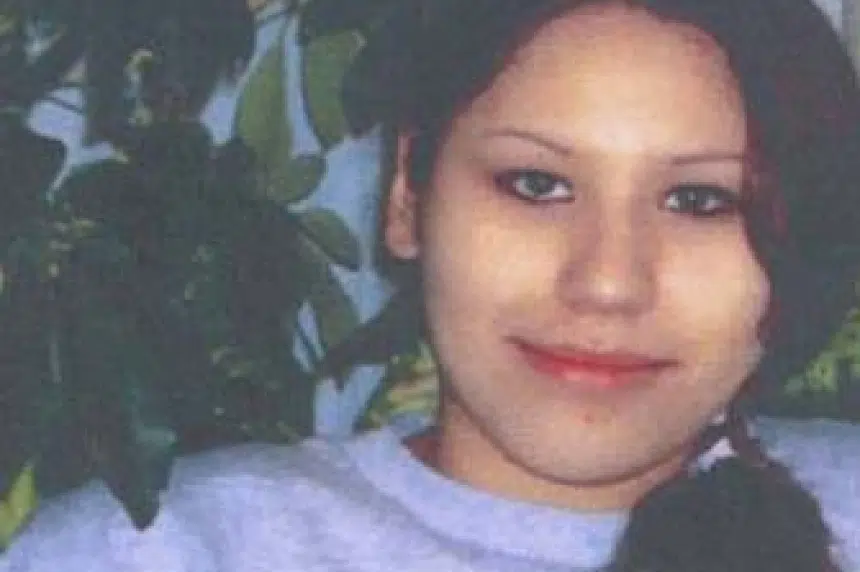A long-standing call for an inquiry into the disproportionate number of missing and murdered indigenous women across the country was answered Wednesday, and families personally affected by these tragedies in Saskatchewan are reacting.
Five commissioners who will study the issue were announced at a ceremony in Ottawa, including Marilyn Poitras, a professor at the University of Saskatchewan, with a focus on indigenous law.
To date, the only formal figures available are from the RCMP.
In May 2014, it documented 1,181 cases of murdered and missing women between 1980 and 2012.
A year later, it released updated figures, noting 32 more aboriginal women had been murdered and 11 more had disappeared since its initial report.
Pauline Okemow lost her youngest sister, Marsha, in Prince Albert in 1989. The 16-year-old was stabbed nine times by another aboriginal woman at a party.
“It’s like going to a big mall, see your child go running and never see them again — you feel that helpless,” Okemow said at a Federation of Sovereign Indigenous Nations event in Saskatoon.
She said she is thankful there is finally going to be a voice for these women.
Carol Wolfe’s daughter was missing for five and a half years before her remains were found near Saskatoon’s airport in November 2015.
“We had walks, we had meetings, we discussed, we looked so often,” Wolfe said through an interpreter.
Major crimes arrested a 33-year-old man in connection to Wolfe’s disappearance and murder in November 2015.
FSIN Vice Chief Heather Bear also spoke at the event.
“I’m very emotional today because it’s been a long time. There are so many vulnerable Indigenous women and girls that have faced these heinous crimes.”
Saskatoon Police ready to assist if called upon
Saskatoon Police Chief Clive Weighill is prepared to handle the criticism police forces across the country will face during the two-year inquiry.
Weighill said they haven’t been told yet how police will be involved in the upcoming probe, but any requests, including the reopening of historical cases, will have the full cooperation of his force.
“I can assure the indigenous population that the police will cooperate with all facets of the inquiry. And if a particular event requires review or clarification we’ll assist the commissioners and the family involved,” Weighill said.
Weighill said he hopes the inquiry will make a difference, but he cautioned the probe itself is not a solution. He said he feels the focus needs to be on examining the root causes of why these women and girls are the targets of violence.
“In my opinion, if we don’t solve the issues of poverty, poor housing, disadvantage we’re still going to continue to have women violently assaulted, murdered or missing.”
“Government’s of all levels have to really take a closer look at how we’re dealing with poverty situations in Canada.”
Weighill said Indigenous people are victimized five to six times more than the rest of society, adding the issues in Saskatoon are generally the same in communities across Western Canada.
One of the 11 historical missing person case files being investigated by Saskatoon police involves an indigenous female.
-With files from The Canadian Press











